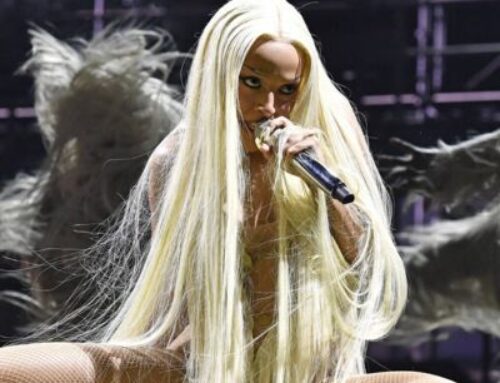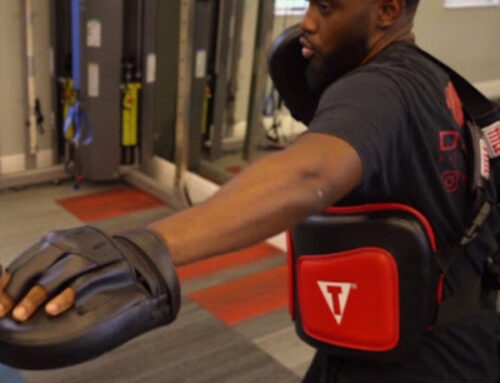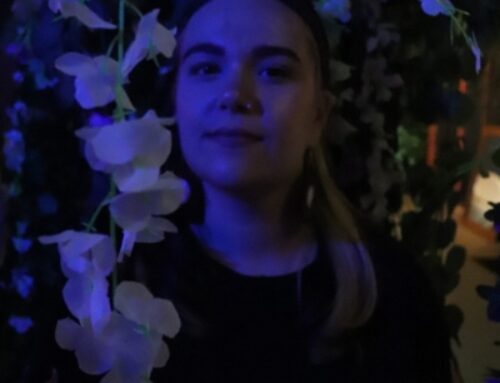Where Do Women in Film Truly Stand at the Oscars?

It took 47 years for a woman to be nominated for Best Director at the Oscars, and another 34 years for a woman to win. In the 96 years since the Oscars began, over 600 films have been recognized by The Academy. Of those hundreds of movies, only nine were directed by women; of those nine women nominees, only three have won.
In 1975, Lisa Wertmüller became the first woman nominated for Best Director at the 47th annual Academy Awards for her film Seven Beauties.
Eighteen years later, in 1993, Jane Campion was nominated for directing The Piano.
Ten years after that, in 2003, Sophia Coppola was nominated for directing Lost in Translation.
Finally, six years later, in 2009, at the 81st Annual Academy Awards, Kathryn Bigelow became the first female to win Best Director.
Eight years after the first female win, Greta Gerwig was nominated for best director for Lady Bird.
In 2021, two women were nominated for Best Director. This included nominee Emerald Fennell for Promising Young Women and winner Chloé Zhao for Nomadland, making her the second woman and first Asian to win this category.

Chloé Zhao (Credit: Getty Images)
In 2022, Jane Campion was nominated again this time for her film The Power of the Dog, where she became the third woman to take home Best Director.
Lastly, in 2024, Justine Triet was nominated for her film Anatomy of a Fall, and for the first time in Oscar history, three of the Best Picture nominees were directed by women.
Back in the day, it might not have seemed so unbelievable that it took 81 years for The Academy to recognize a woman as Best Director, being that the industry was and still is very much a male-dominated field, especially the directing category. With such an influx of women in every category in recent years, there is certainly room for change. If this has always been such a problem, why doesn’t anything seem to be changing?
A dive into The Academy and its members shows that of the roughly 10,000 members, after the 2016 #oscarssowhite controversy and then the 2020 #oscarssomale controversy, The Academy released the A2020 initiative in hopes of doubling the number of women and people of color in five years. After all, actions speak louder than initiatives.

A deeper dive into The Academy and its operation shows that there are 18 branches. To be inducted, one must be sponsored by two members of the branch they hope to join, while Oscar nominees are immediately considered. A couple of years back, an average of 900 members were inducted every year, but in hopes of keeping The Academy at 10,000 members, an average of about 400 members are inducted now.
These 18 branches include Casting, Costume Design, Makeup and Hair, Documentary, Marketing and PR, Actors, Production Design, Producers, Editors, Members-At-Large, Writers, Executives, Production and Technology, Short Film and Feature Animation, Directors, Music, Sound, Visual Effects, and Cinematographers.
The five categories in bold have more women than men, which is not shocking, considering these categories have always tended to have more women than men. Each branch is headed by three Academy Officers (except for production and technology, which one woman heads). Of the 55 officers, 52% are female, which seems promising. The Academy is also governed by a female president named Janet Yang. Since Yang became president, the percentage of women and people of color has jumped from 19% to 33%.

Source: Academy of Motion Pictures Arts and Sciences by The New York Times
Currently, 25% of the members in the directors’ branch are female. While more and more women are being invited into the branch every year, the directors’ category has always been such a male-dominated category. In 2022, 8 out of 21 members inducted were female. It will take the women some time to catch up, and while annoying, it’s nothing we can’t handle.
In a day and age when companies are constantly making a conscious effort to be inclusive in terms of gender, sexuality, religion, race, etc., why does The Academy always seem to keep running into this problem? Natalie Portman even personally addressed the issue at the 89th Academy Awards in 2017 when presenting the award for best director by saying, “And all the male nominees are…”

While the industry can indeed be such a boys’ club 99% of the time (I’ve personally experienced it), some film contracts even require a certain number of women to be hired. So, should this be the same for award show ballots and inductee lists? Even then, on the other hand, will women always wonder if they got this job or position because of their talent or because they have boobs? There are two sides to every story. As stated before, the entertainment industry is a historically male-dominated field. While this game of catchup has been long and tiring, women can’t be nominated just because they’re women. Still, it’s deeper than that.
Do we, as the public, give The Academy the benefit of the doubt and trust that they are doing all they can to even the playing field and that they take gender and inclusivity into account before announcing nominees and when inducting new members? Or do they need the wake-up call to ensure they are making more of an effort to raise these numbers? With so many women-directed films coming out such as Past Lives, Saltburn, Pricilla, and The Woman King, shall I go on and getting little-to-no recognition, it’s becoming harder to believe. Greta Gerwig not getting nominated for Best Director, but her film Barbie getting nominated for Best Picture feels like a bit of déjà vu from when Sarah Pauley wasn’t recognized and nominated for Best Director, but her film Women Talking was nominated for Best Picture and won Best Adapted Screenplay.
All facts and statistics aside, this is why it is so crucial for women in film to stick together. It is time for women to make their own club and help each other get to where they want to be ecause women can do anything men can do, and we can do it on our periods.
If you are a fellow woman in film or looking to get your start, please head over to my podcast, “Feminist Film Club,” for honest accounts of how I and other women in the industry got our start and how you can, too.






Leave a comment